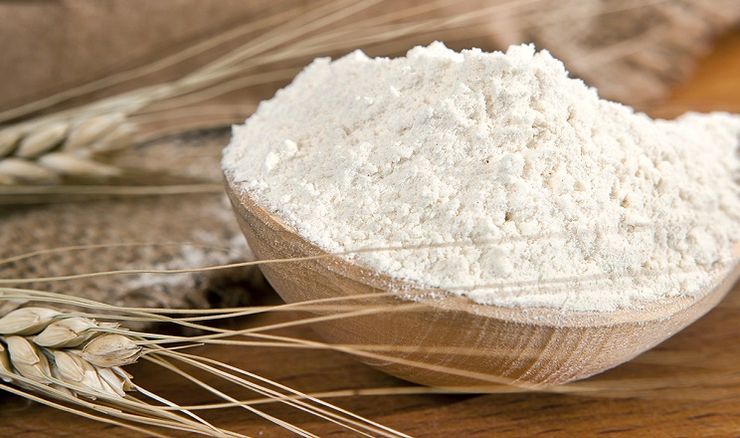Georgia Extends Duty on Flour Imports from Russia

The Georgian government has extended the temporary duty on the import of flour, barley and bran from Russia for an indefinite period, according to a government decree.
In order to support Georgian farmers who have had problems selling their grain harvest due to lack of demand, Georgia has introduced a temporary duty on the import of flour, barley and bran since the summer of 2023, which has been extended several times.
According to a government decree dated February 28 of this year, the import of more than 200 kilograms of wheat flour is now taxed at 0.3 GEL per kilogram (300 GEL per ton), instead of 0.25 GEL. Imports of more than 200 kilograms of barley and bran are now taxed at 0.2 GEL per kilogram, instead of 0.1 GEL per kilogram.
Initially, the temporary duty on flour imports was in effect until November 1, 2023, then it was extended first until March 1, then until September 1, 2024. In mid-September 2024, the government extended the temporary duty for the third time – until March 1, 2025, and for the fourth time in February – until April 1, 2025.
The government said the purpose of introducing the duty was to increase the competitiveness of Georgian wheat and facilitate its sale on the local market. The government made this decision on the condition that the sector does not allow bread prices to rise.
Bread producers are demanding its cancellation, since, according to them, the recent rise in flour prices on world markets could lead to an increase in the cost of bread in the country.
Flour mill crisis
Georgia consumes approximately 800 thousand tons of flour per year. Most of the wheat flour consumed (approximately 78%) comes from Russia, which is the largest supplier, including grain.
In the context of an increase in the export duty on wheat from Russia and, as a result, an increase in the volume of flour imports, on which the export duty was not levied, all flour mills in Georgia suspended production in the first quarter of 2023, as was the case in 2021. As a result, the barns were overflowing with wheat, and farmers simply had nowhere to put the harvested crop.
Hard times for Georgian millers came in the summer of 2021 after Russia introduced a floating duty mechanism on grain exports. Therefore, Georgia increased flour imports from the Russian Federation several times, accordingly, reducing wheat imports by more than 30% in 2022. As a result, almost all flour mills in the country stopped working.
The mills began to import wheat again and increase production only by the end of 2022, when the floating rate of export duty on wheat decreased.
The second time the production crisis at the mills occurred in March 2023 due to the growth of flour imports and the growth of the export duty on wheat from Russia.
For almost 30 years of expertise in the agri markets, UkrAgroConsult has accumulated an extensive database, which became the basis of the platform AgriSupp.
It is a multi-functional online platform with market intelligence for grains and oilseeds that enables to get access to daily operational information on the Black Sea & Danube markets, analytical reports, historical data.
You are welcome to get a 7-day free demo access!!!
Read also
Indonesia calls on EU to enforce WTO ruling on palm oil dispute
Ukraine among the countries most affected by new US tariffs
Record Brazilian soy harvest faces logistics challenges
Romania Emerges as a Strategic Pillar in the EU Rapeseed Supply Shift
Turkish Ports Added to UkrAgroConsult LineUp Reports
Write to us
Our manager will contact you soon



